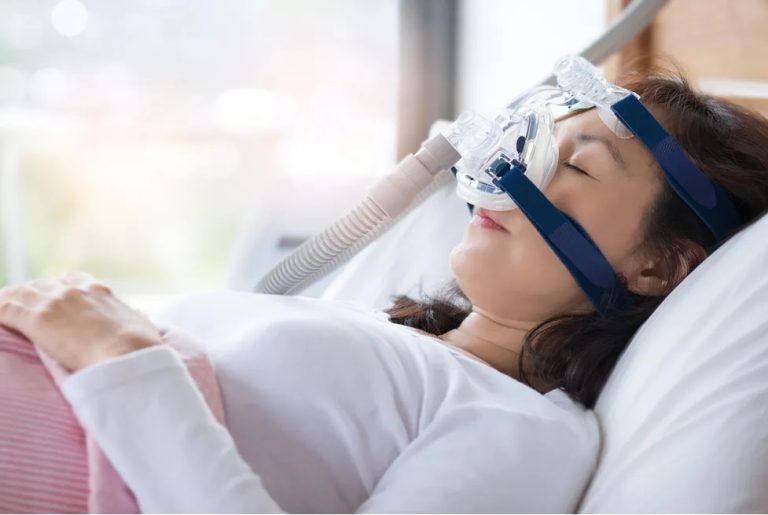
Why does my snoring and apnoea get worse during my “period”?
I had a patient that described a worsening of snoring and sleep disturbance during her menstrual period. This relationship is very real and troublesome in some woman, particularly if she has pre-existing sleep disordered breathing. I thought I would talk about this briefly.
The mechanisms have not yet been fully elucidated, but are likely to be related to hormonal fluctuation during the menstrual cycle including changes in oestrogen and progesterone levels and other biochemical changes. Such hormonal shifts may cause changes in the muscles and tissues of the upper airway, disturb regulation of breathing and alter sleep architecture.
For example, both oestrogen and progesterone help maintain muscle tone. When levels of these hormones fall during a woman’s period, the consequent reduction in tone of her throat muscles make them floppy and prone to collapse on inspiration. Conversely, an oestrogen spike in the premenstrual phase causes widespread tissue swelling (oedema) throughout the body including in the mucosal lining of the nose and throat. This narrows her air passage.
Progesterone reduces the sensitivity of the brain’s “Central Respiration Centre” to low levels of oxygen and elevated levels of carbon dioxide. Paradoxically this resistance to sudden oxygen dips helps to maintain a stable breathing pattern during sleep and is very useful in female patients with pre-existing apnoea. When progesterone falls, this phenomenon may explain wild swings in breathing rates in some woman.
Another interesting property of progesterone is that is has a mild sedative effect. Adequate levels of this hormone seem to help switch on and maintain deep sleep; the so-called slow wave or Non-REM (Rapid Eye Motion) sleep. This phase of sleep is crucial for physical restoration and memory consolidation.
During the REM phase of sleep, muscle tone falls throughout the body (apart from that of the eye muscles). The subsequent increased collapsibility of the throat muscles constricts the airway and exacerbates snoring and apnoea. Progesterone does regulate the onset and duration of the REM phase of sleep but its mechanistic relationship is more complex than with sleep onset and maintenance of Non-REM sleep.
Finally, other premenstrual phenomena such as depression and anxiety can also disrupt sleep in different ways.
We must also not forget the important role of common factors such a weight gain (including that from premenstrual oedema), sleep position, nasal obstruction and mouth breathing.
In another article, I have outlined various non-invasive methods that can help if you do suffer with an exacerbation of snoring and apnoea during your period.
